Announced at the G20 Summit held in India in September 2023, the ambitious international infrastructure initiative connecting India-Middle East-Europe (IMEC Economic Corridor) is considered both a potential alternative and a direct “counterweight” to China’s Belt and Road Initiative (BRI).
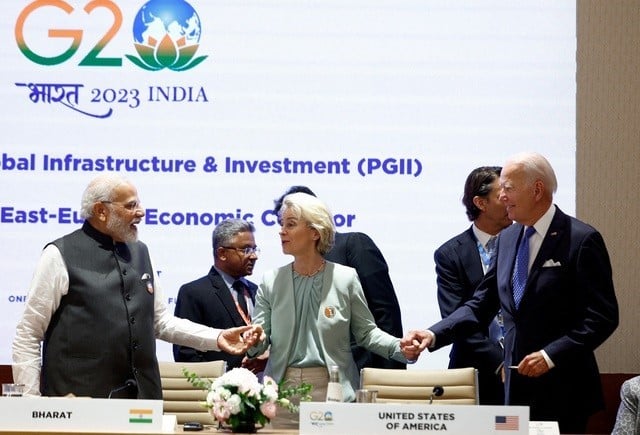 |
| The three leaders of India, EU and US at the G20 Summit, September 9. (Source: Reuters) |
America's Ambitious Initiative
It is known that the idea of an India-Middle East-Europe Economic Corridor was formed after US President Joe Biden visited Saudi Arabia in July 2022. During the visit, President Biden emphasized the need for deeper regional economic integration.
In a memorandum of understanding to coordinate the implementation of the initiative, Saudi Arabia, the EU, India, the UAE, France, Germany, Italy and the US pledged to support cooperation to establish the IMEC - an economic corridor expected to stimulate economic development through increased connectivity and economic integration between Asia, the Arabian Gulf and Europe.
IMEC is designed to include two separate transport corridors, one on land and one on sea. The Eastern corridor connects India to the Persian Gulf and the Northern corridor connects the Persian Gulf to Europe.
The IMEC corridor is expected to include a railway line that, once completed, will provide a low-cost cross-border train-to-rail network to complement existing road and sea transport routes – allowing goods and services to move to and from India, the UAE, Saudi Arabia, Jordan, Israel and Europe.
Assessing the IMEC project's huge potential, independent global market expert Mikhail Belyaev said that behind this project is an all-out effort by the US to keep a region that is gradually slipping out of its orbit.
Meanwhile, expert Alexey Kupriyanov, from the Primakov Institute of World Economy and International Relations (IMEMO) of the Russian Academy of Sciences, assessed that the new effort of the US is to create a Eurasian belt, as a direct competitive solution, replacing China's Belt and Road in this region.
However, since Israel launched attacks on Gaza in response to an October 7 raid by Hamas militants, the area has been in turmoil as the fighting has become the deadliest of the five Gaza wars.
“We are now facing the risk of this war spilling over into the wider region and that is a real test for IMEC,” said Chintamani Mahapatra, founder of the Kalinga Institute of Indo-Pacific Studies in New Delhi. “In the context of this conflict, there is a risk that the whole idea of IMEC is slowly being lost.”
The Israel-Hamas conflict serves as a reminder that the IMEC project involves crossing some of the most volatile regions in the Middle East. Analysts say the war is a “warning bell” about the scale of the challenge that IMEC will face.
“This new war is a reminder of how difficult it will be to build a new corridor,” said Michael Kugelman, director of the South Asia Institute at the Wilson Center in Washington. “It’s not just about financial challenges, it’s about stability and diplomatic cooperation. The war makes it painfully clear that these elements remain elusive.”
"When the dust settles in West Asia", IMEC will develop
When IMEC was announced, Washington’s efforts to normalize relations between Saudi Arabia and Israel were well underway, and there were hopes that this would change the long-standing rivalry in the Middle East. A trusted link between Saudi Arabia and Israel was a key element of the project.
An Israel-Saudi deal would follow the US-brokered Abraham Accords, which saw Israel establish diplomatic relations with three Arab states in 2020.
“This project is being undertaken on the assumption that there will be peace and stability in the region. But even if there is no wider conflict in the coming days and months, the future is currently uncertain,” said Manoj Joshi, a senior fellow at the Observer Research Foundation (ORF) in New Delhi.
The project would require billions of dollars in investment, Joshi pointed out, “It involves building 2,000-3,000 km of railway. With the region currently in political turmoil, the question is who will invest?”
Analysts say the Western-backed IMEC corridor is not just intended as a trade route, it has geopolitical motives. The project is seen as a “counterweight” to China, which has growing influence in the Middle East.
Kugelman said the project was also intended to build trust and “political capital” for normalizing relations between Israel and Saudi Arabia. But “that plan is currently on ice, although it may be completed in the future,” Kugelman said.
According to this expert, Saudi Arabia and Israel have strong strategic motivations to normalize relations, but for Riyadh, the political price to pay while Israel is carrying out a military campaign in the Gaza Strip is too high.
Meanwhile, New Delhi has said that the ongoing Israel-Hamas conflict will not affect plans for the trade corridor. India, a developing economy, would be one of the main beneficiaries of the proposed route. Indian Prime Minister Narendra Modi has described the IMEC as “the foundation of world trade for the next hundred years.”
Speaking at the G-20 Finance Ministers’ Meeting in Morocco last week, Indian Finance Minister Nirmala Sitharaman pledged: “IMEC is for the long term. While short-term hiccups may cause us concern and worry, we will continue to work with all stakeholders.”
For New Delhi, the new trade route will cut shipping costs and speed up access to markets in the Middle East and Europe. India’s ties with countries such as Saudi Arabia, the UAE, Egypt and Israel have warmed significantly in recent years. Trade with these countries is growing, while the EU is its third-largest trading partner.
As the Israel-Hamas conflict unfolded, New Delhi reached out to both Israel and Palestine. In a show of solidarity with Israel, Prime Minister Modi condemned the Hamas attack as a terrorist attack. India also reiterated its longstanding support for the establishment of an independent Palestinian state and sent humanitarian aid to Gaza.
However, even if New Delhi can strike a balance in its relations with Arab countries and Israel, the future of the project will depend on how relations between countries in the region are shaped.
“IMEC is not going to be buried, I am not going to write an obituary for it. When the dust settles in West Asia, it will probably grow. But in the current context of intense conflict, there is no possibility of making a cooperative and positive proposal to the countries involved,” said Chintamani Mahapatra, an expert.
Source


![[Photo] Prime Minister Pham Minh Chinh chairs meeting after US announces reciprocal tariffs](https://vstatic.vietnam.vn/vietnam/resource/IMAGE/2025/4/3/ee90a2786c0a45d7868de039cef4a712)
![[Photo] General Secretary To Lam receives Japanese Ambassador to Vietnam Ito Naoki](https://vstatic.vietnam.vn/vietnam/resource/IMAGE/2025/4/3/3a5d233bc09d4928ac9bfed97674be98)
![[Photo] Moment of love: Myanmar people are moved to thank Vietnamese soldiers](https://vstatic.vietnam.vn/vietnam/resource/IMAGE/2025/4/3/9b2e07196eb14aa5aacb1bc9e067ae6f)
![[Photo] Special relics at the Vietnam Military History Museum associated with the heroic April 30th](https://vstatic.vietnam.vn/vietnam/resource/IMAGE/2025/4/3/a49d65b17b804e398de42bc2caba8368)

![[Photo] A brief moment of rest for the rescue force of the Vietnam People's Army](https://vstatic.vietnam.vn/vietnam/resource/IMAGE/2025/4/3/a2c91fa05dc04293a4b64cfd27ed4dbe)
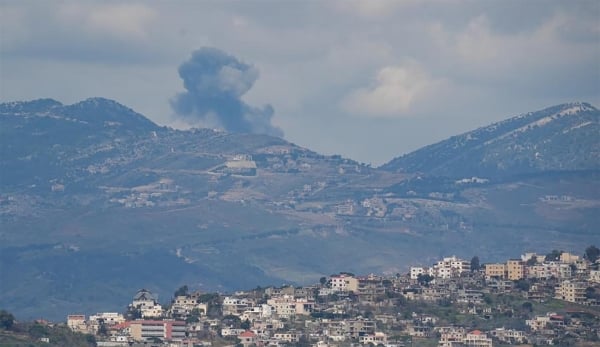
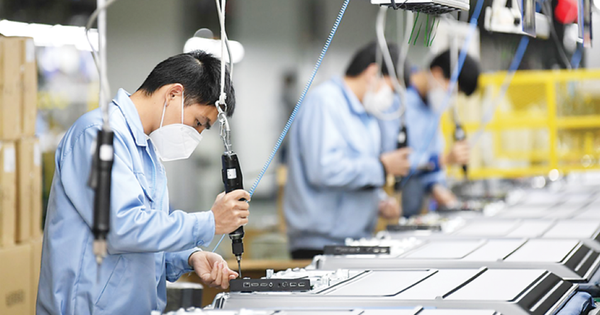



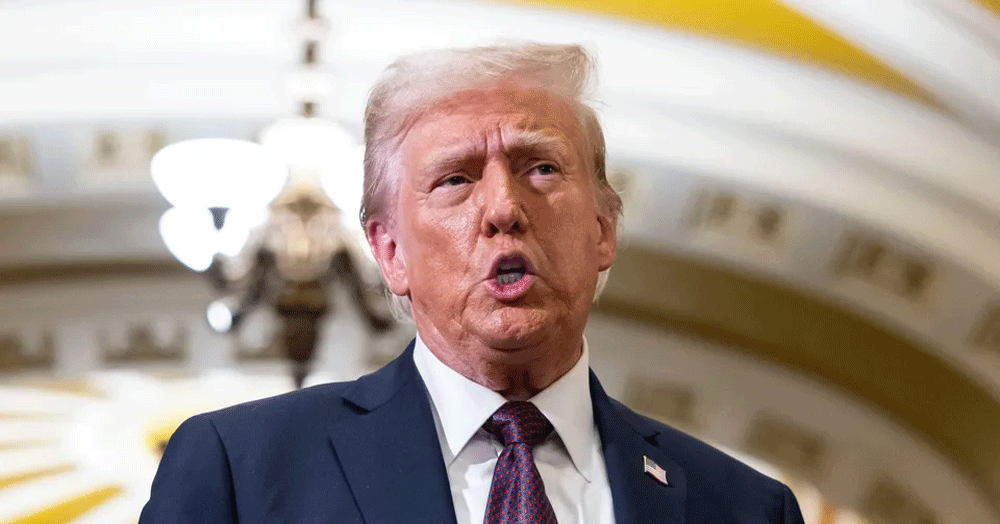


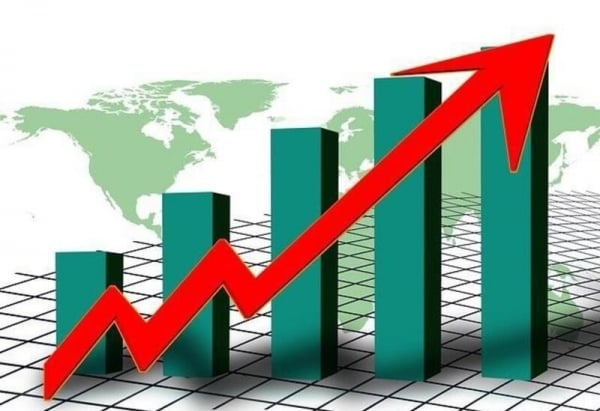

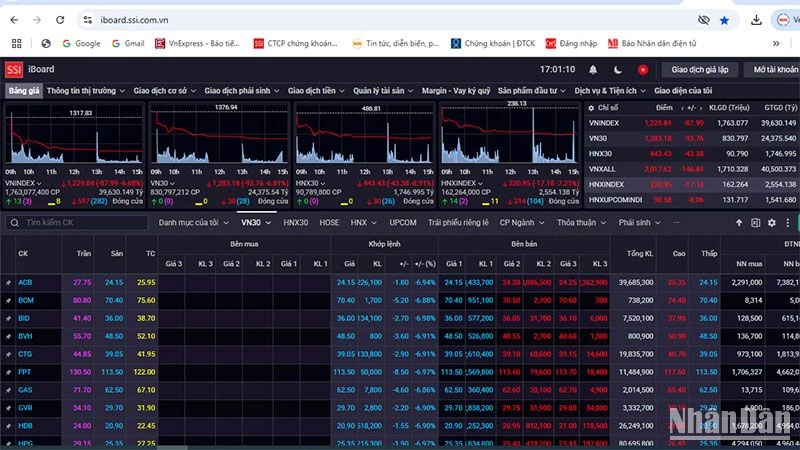
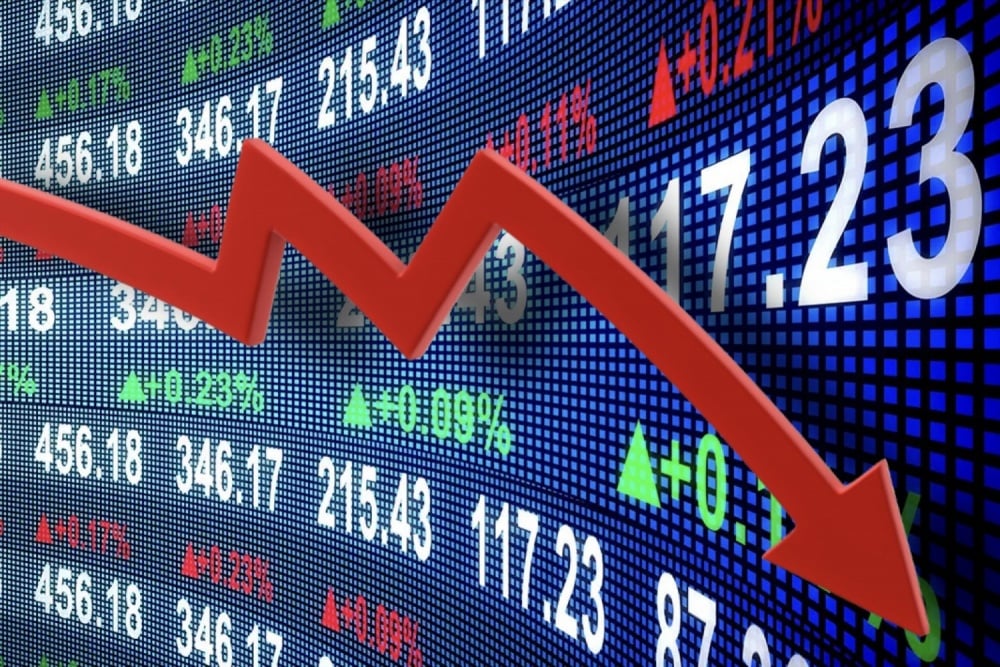
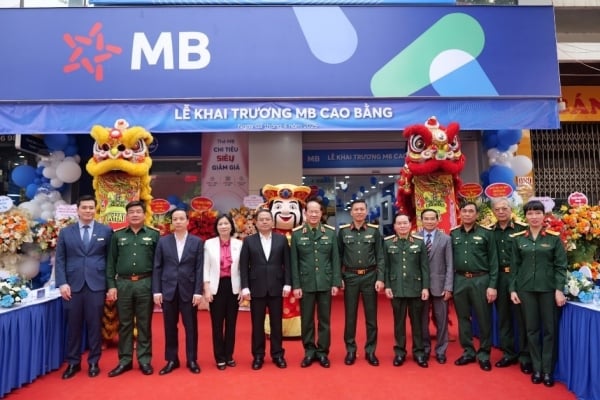
![[Infographic] Government bond market March 2025](https://vstatic.vietnam.vn/vietnam/resource/IMAGE/2025/4/3/e13239cdbcfd4968abc836c201204c43)
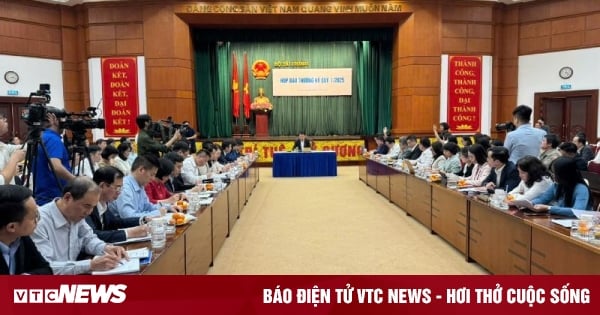





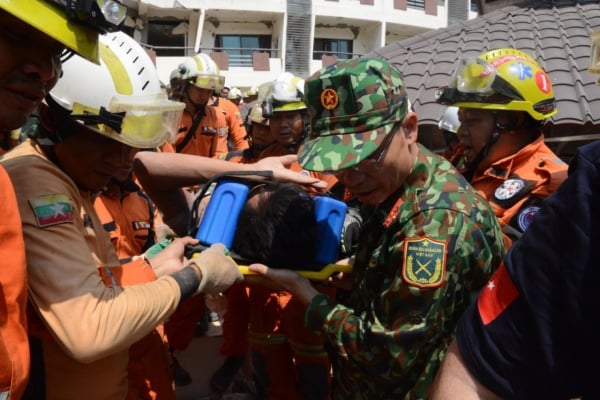


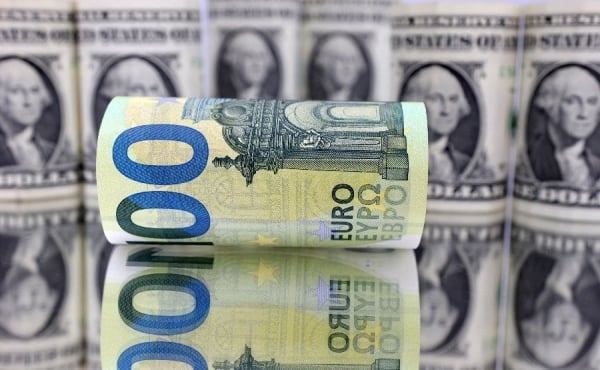
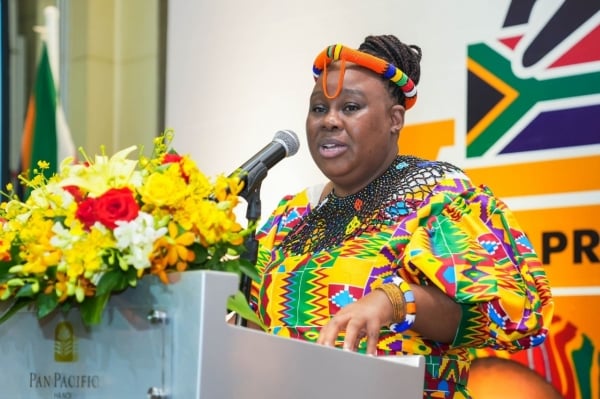









































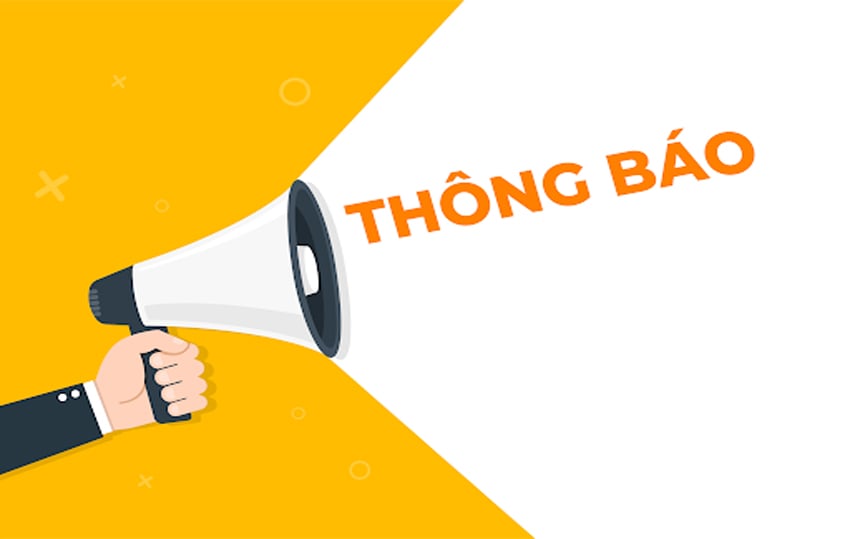



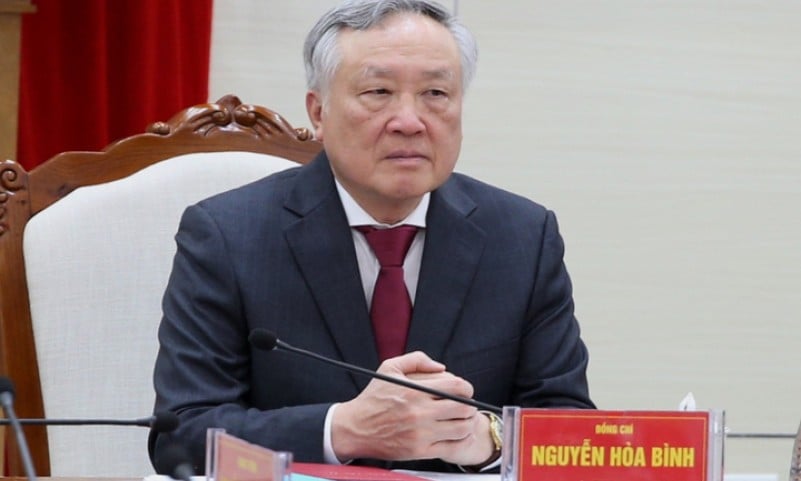
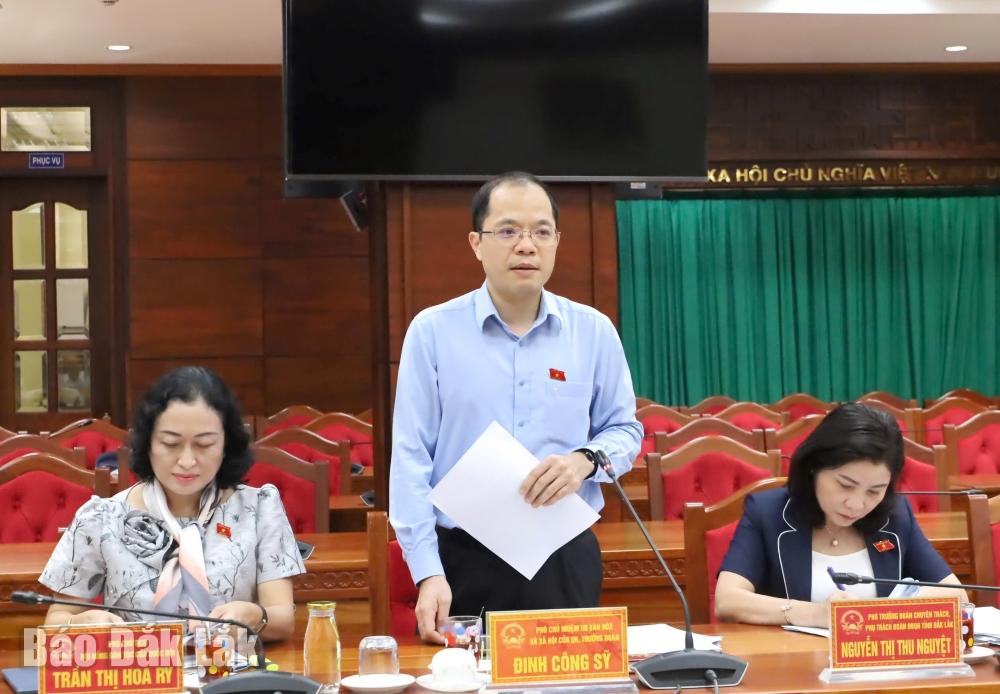

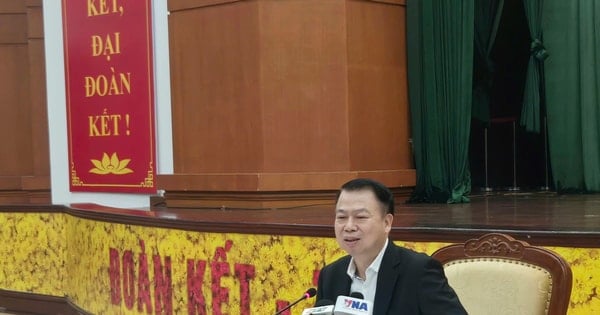

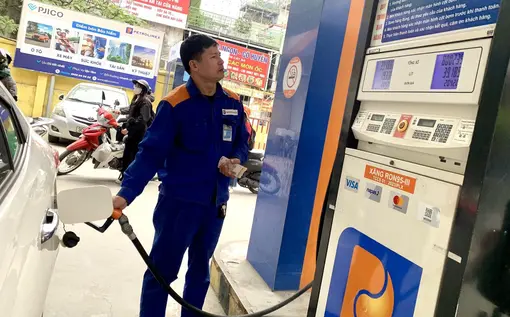

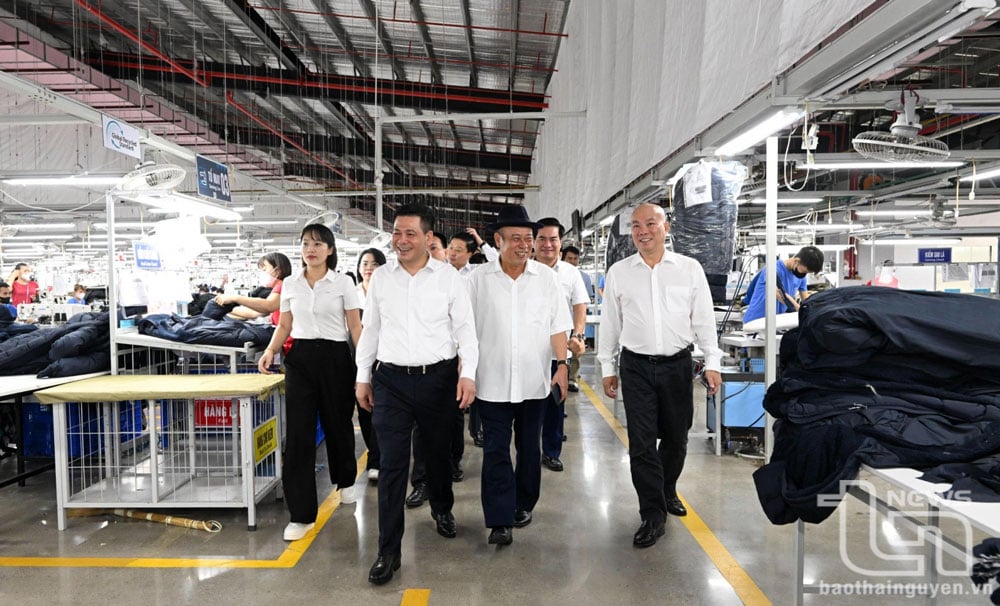












Comment (0)